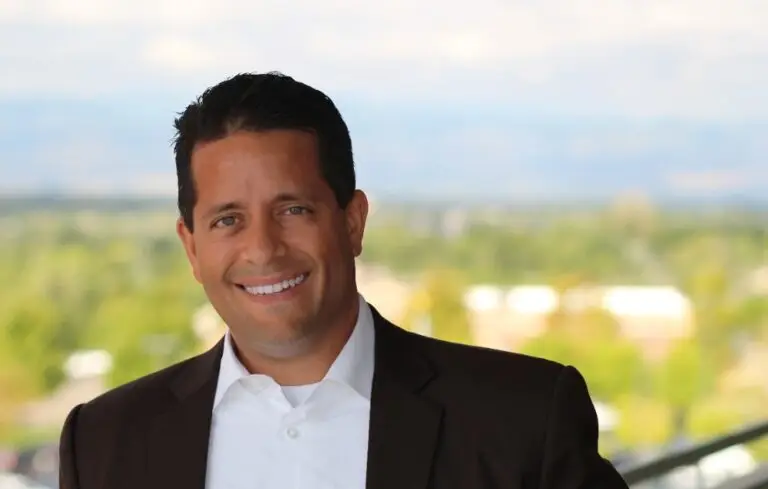Under Armour’s Kevin Plank already has been forced into a difficult PR back-flip after his praise for Donald Trump’s desire to “build things” sparked an outcry from celebrity brand ambassadors.
Now, it’s construction CEOs who will have to decide whether they want to risk a public backlash for participating in one of the more controversial developments in modern history.
By helping to build a barrier on the Mexican border, many big construction companies won’t have to fear the same kind of consumer-market fallout experienced by Under Armour, which retails its sportswear products to thousands of people around the world. But they could nevertheless invite a savage response from activists and left-leaning lawmakers, while possibly even irking some B2B clients.
CEOs, faced with a potentially financially lucrative opportunity, will have to make up their minds soon. On Friday, the Department of Homeland Security invited pitches for a prototype design of the barrier, which would run along a border approximately 2,000 miles in length.
So far, it seems construction-company CEOs have taken the view that it’s their duty to consider legitimate government-sanctioned growth opportunities, rather than play politics.
Macelino Fernandez Verdes, the CEO of German builder Hochtief, said today that the company could express an interest. “No decision is yet known. But we are open for all contracts in the United States,” he told journalists. Hochtief is majority owned by Spain’s ACS.
Mexican cement giant Cemex also could be a big winner. “We can’t be choosy,” Enrique Escalante, CEO of Grupo Cementos de Chihuahua, of which Cemex owns 23%, told Reuters in November. “We’re an important producer in that area and we have to respect our clients on both sides of the border.”
Israel’s Magal Security Systems, which helped build the country’s West Bank barrier, also has expressed an interest in participating.
Of course, there’s still some uncertainty over how and when the wall will get built, partly tied to how much it will cost and who will pay for its construction. On Friday, Trump said construction will occur sooner than many expect, but he’ll likely need Congressional approval if the U.S. government is to foot the multi-billion dollar price tag.
If approved, there also will be logistical challenges, whether its negotiating rugged terrain or legal barriers, such as making the necessary property acquisitions. Public relations issues could exacerbate cost pressures, should any public disturbances hold up construction.







